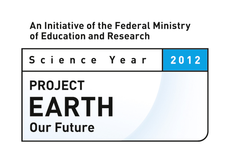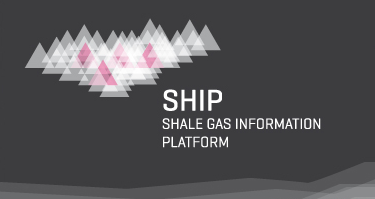SHIP is at anchor
15.11.2016
Generic
In August 2016 the Shale Gas Information Platform SHIP was switched from an active to a passive site, and is now called the „Shale Gas Information Platform ARCHIVE“. Click here to go to the Shale Gas Information Platform ARCHIVE. The[...]read more






